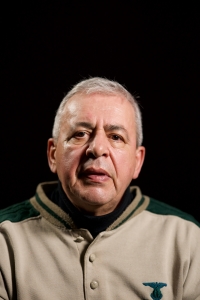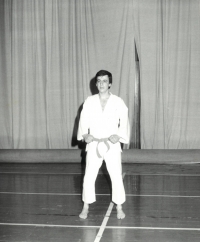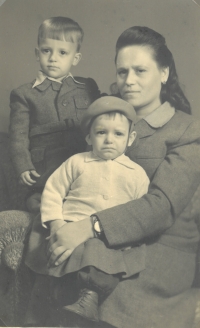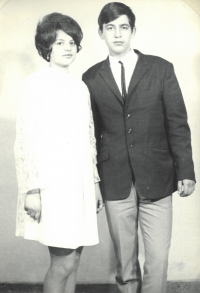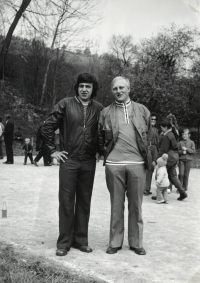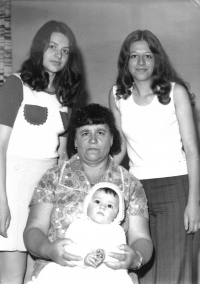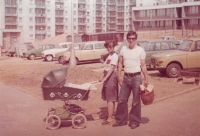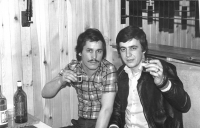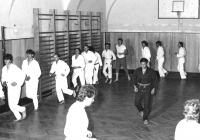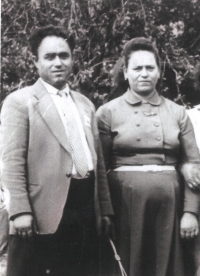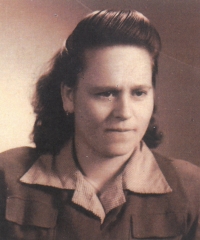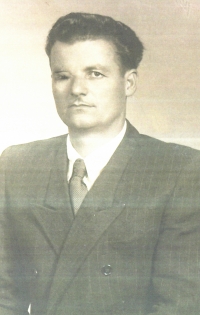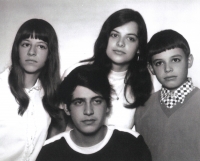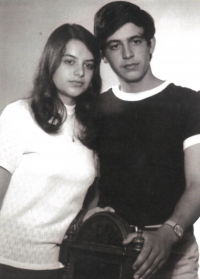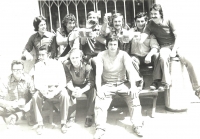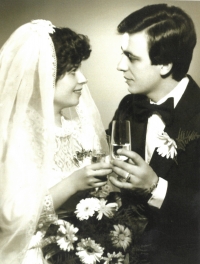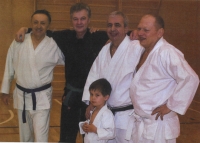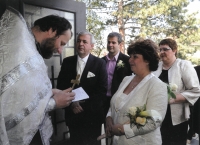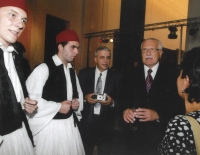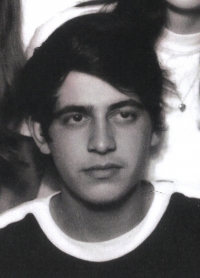Thanks are due to Czechoslovakia for taking care of us
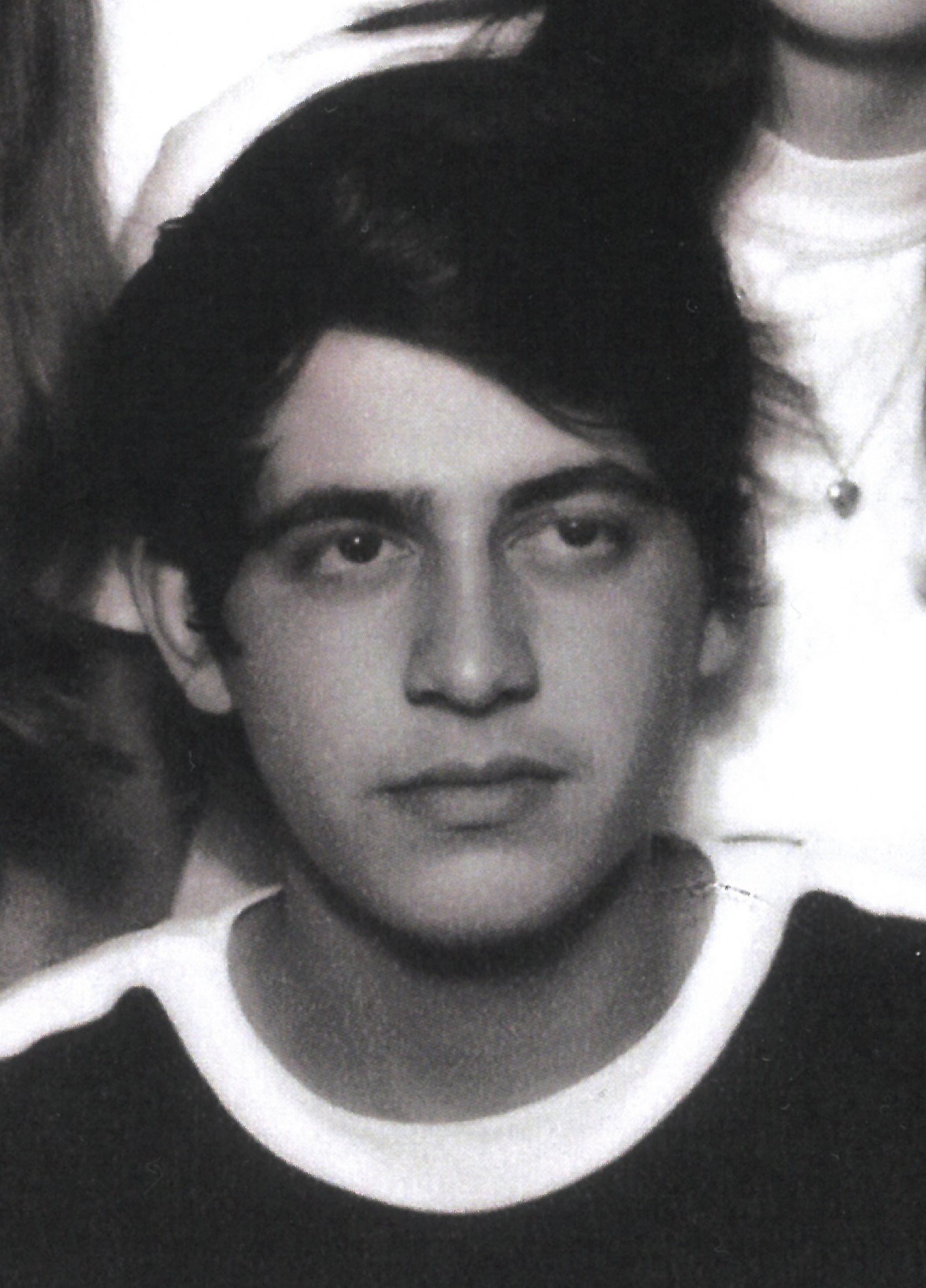
Download image
Evangelis Liolios was born on April 19, 1950 in Český Těšín. Parents Theodoros and Anastasia Liolios came to Czechoslovakia in 1949 as a result of the Greek Civil War as part of an exodus of left-wing refugees. They were placed in northern Moravia, where they had six children. Evangelis Liolios spent two years in children’s homes before his parents settled in the new country, found a house and work. He graduated from the Secondary Agricultural and Technical School in Krnov. Due to sports karate and work, he later moved to Brno, where he met his future Czech wife. He worked as a locksmith in Královopolská strojírna and then in the company Drukov. In 1991 he moved to Greece, but after a year and a half he returned to Brno with his family. He began to be actively involved in expatriate organizations, especially the Greek community of Brno and the Hellenika endowment fund. He became involved in local politics for his minority as a member of the Committee for National Minorities in the city and regional council in Brno. In 2020, he lived in Brno and worked at the airport.

